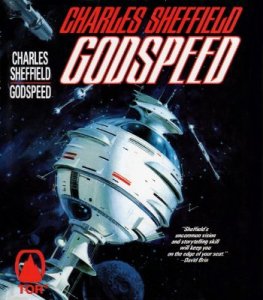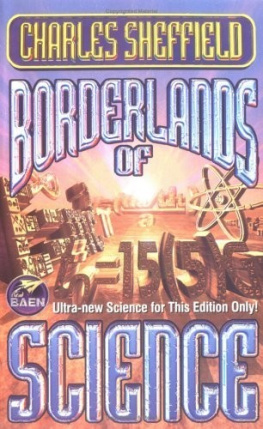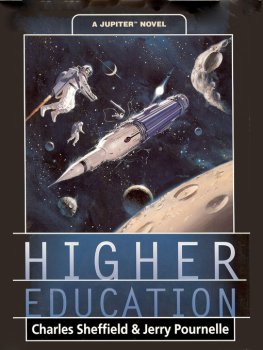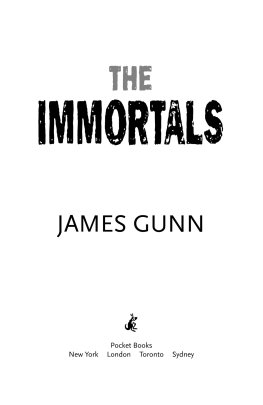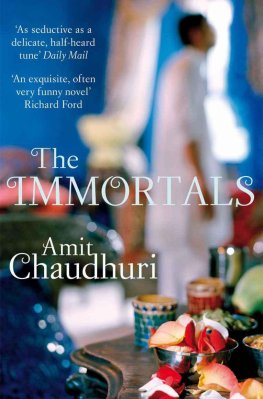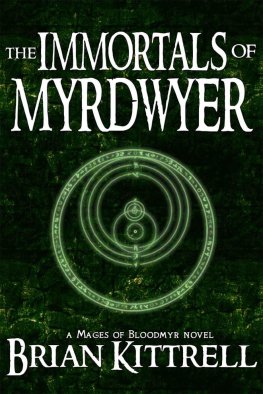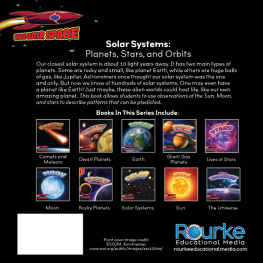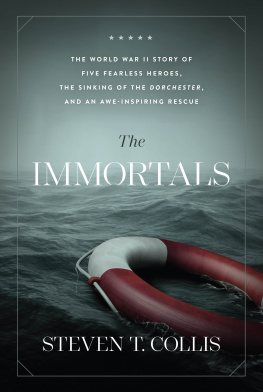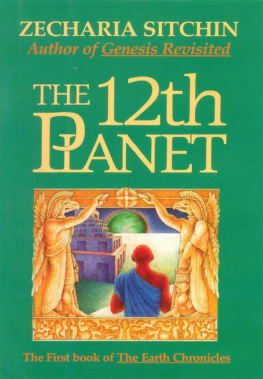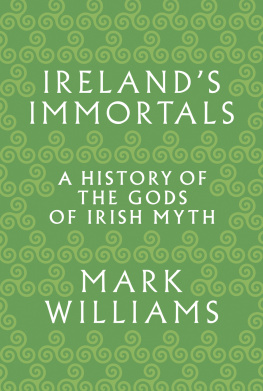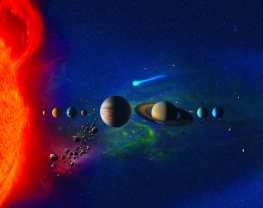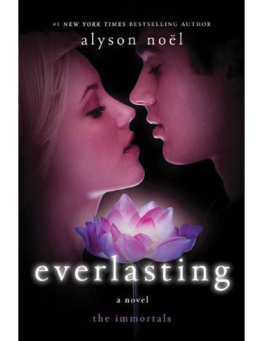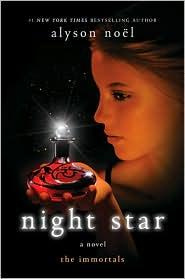Between the Strokes of Night
by Charles Sheffield
Science fiction has a hundred definitions. Thats all right. You pick the one that youre comfortable with, and go with it.
My own definition is pretty unforgiving. If you can take the science out of the story, and still have a story left, its not science fiction. More than that, if the science in the story is wrong or ridiculous, again its not science fiction. This hard-nosed attitude has consequences. First, and most obviously, it limits reading enjoyment. Im not totally rigid or self-consistent in my attitude. If I were, I would have to rule out such science fiction staples as faster-than-light travel, telepathy, and time travel, and so miss out on about ninety percent of everything thats written.
But theres no reason not to try it the hard way. Can we have a book with interstellar travel and world-to-world contact, but not allow anything to travel faster than light, or employ one of the usual magic wands like wormholes, ansibles, space tunnels, or interstellar jump points?
It sounded impossible, but there was the challenge. I wanted to write such a book. Hard science fiction ought to be hard not because its hard to read, but because its hard to write. I also wanted to impose another requirement. Humans must be able to wander over vast spans of time and space, while still imposing the velocity of light as the maximum possible speed that anything can achieve. I wrote the book this book. And then, about a year ago, I was given the chance to produce a new edition. Thats when I realized that there was another constraint to the kind of science fiction I wanted to write. The science ought to be consistent with what we believe to be true today. No swamps on Venus, no canals on Mars, no anti-gravity machines; but dinosaur extinction through meteorite impact, and braided rings around Saturn, and the Oort Cloud, and an Earth that might possibly be subject to global warming and nuclear winter. Now, in the past few years our view of the universe as a whole has changed radically. Fifteen years ago, a writer could be comfortable with one of three plausible choices: the universe was expanding, and the expansion would never slow down; or, second choice, the universe was expanding, but the expansion would proceed slower and slower, to produce a universe that was ultimately flat in a geometrical sense; or, the third alternative, the universe was expanding, but would eventually stop that expansion, reverse direction, and ultimately collapse back again in a Big Crunch fireball beyond which no information from our present universe could possibly survive. Even ten years ago, no scientist was in a position to rule out any one of the three choices.
These three options are no longer equally plausible. There is good evidence that the universe is not merely expanding, but the expansion is running faster than ever. Unfortunately, I earlier opted for the Big Crunch model. With an accelerating universe, any new edition would need a lot more than the fixing of small errors or minor inconsistencies.
How much more? Well, this book is now twenty-five percent longer than the first version, with a final new section undreamed of in the original. The universe in which the book exists has changed; and therefore, in what is in some ways the most important change of all, the ending must follow a quite different cosmology.
Suppose, five or ten years from now, there is another radical change in our understanding of the origins, nature, and future of the universe. Does this mean another major revision of the text?
The one thing that would change this book so profoundly that I am not sure that it could survive, even with the most radical revisions, would be the discovery that the speed of light is not a physical velocity limit for objects and signals.
However, such a discovery would bring its compensations. One of the things I would like us to learn, above most other things in this world, is that faster-than-light travel is possible. If that were true, Id give up this book in a heartbeat. After all, while there is only one universe, I can always write a new and different story.
Charles Sheffield
2002
Gulf City; New Year 14 (29,872 A.D.)
From the diary of Charlene Bloom:
Today I received word from Kallens World. Wolfgang IV is dead. He was five hundred and four years old, and like his forebears he was respected by the whole planet. A picture of his own grandson came with the message. I looked at it for a long time, but blood thins across six generations. It was impossible, save in my imagination, to recognize any sign of the original (and to me the one-and-only) Wolfgang in this descendant.
My Wolfgang is dead, long dead; but the great wager goes on. On days like this I feel that I am the only person in the Universe who cares about the outcome. If Wolfgang and his friends are right, who but I will know and be here to applaud him? And if we win, who but I will know the cost of victory?
It is significant that I record this death first, before acknowledging the report of a faster-than-light drive from Beacon Four. Gulf City is throbbing with the news, but I have heard the same rumor a hundred a thousand? times before. For 28,000 years our struggle to escape the yoke of relativity has continued; still it binds us, as strongly as ever. In public I say that the research must go on even if Beacon Four has nothing, that the faster-than-light drive will be the single most important discovery in human history; but deep within me I deny even the possibility. If the Universe is apprehensible to the human mind, then it must have some final laws. I am not permitted to admit it, but I believe the light-speed limit is one. As humans explore the galaxy, it must be done at a sub-light crawl.
I wish I could believe otherwise. But most of all today I wish that I could spend one hour again with Wolfgang.
* * *
They told me, Heraclitus, they told me you were dead,
They brought me bitter news to hear
and bitter tears to shed.
I wept as I remembered, how often you and I
Had tired the sun with talking,
and sent him down the sky.
But now that thou art lying, my dear old Carian guest,
A handful of gray ashes, long, long ago at rest.
Still are thy pleasant voices, thy nightingales, awake;
For death he taketh all away; but these he cannot take.
* * *
The Road to Armageddon
The snow was drifting down in tiny flakes. Its fall, slow and steady, had added almost four inches of new crystals to the frozen surface. Two feet below, torso curled and nose tucked into thick fur, the great she-bear lay motionless. Walls of translucent ice caverned about the shaggy, light-brown pelt.
The voice came through to the cave as a disembodied thread of sound. Sodium level still dropping. Looks really bad. Jesus Christ. Try one more cycle. On the periphery of the cave a flicker of colored light began to blink on and off. The walls shone red, clear blue, then sparkled with dazzling green. A stippling of pure colors rippled a pattern to the beasts closed eyelids. The bear slept on at the brink of death. Its body temperature held steady, ten degrees above freezing point. The massive heart pumped at a sluggish two beats per minute, the metabolic rate down by a factor of fifty. Breathing was steadily weakening, betrayed now only by the thin layer of ice crystals in the fringe of white beard and around the blunt muzzle.
No good. The voice held an added urgency. Still dropping, and were losing the pulse trace. We have to risk it. Give her a bigger jolt.
The light pattern altered. There was a stab of magenta, a rapid twinkle of sapphire and cyan, then a scattershot of moving saffron and ruby dots on the icy wall. As the rainbow modulated, the bear responded to the signal. Slate-gray eyes flickered in the long, smooth head. The massive chest shuddered. Thats as far as I dare take it. The second voice was deeper. Were beginning to get more heart fibrillation.


